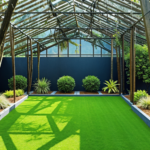If you’re looking to add a touch of beauty and color to your garden, pink plants are often a popular choice.
From light and sweet blooms to bright and bold flowers, there are plenty of fantastic pink-colored plants to choose from, meaning you’re bound to find something that suits your personal preference.
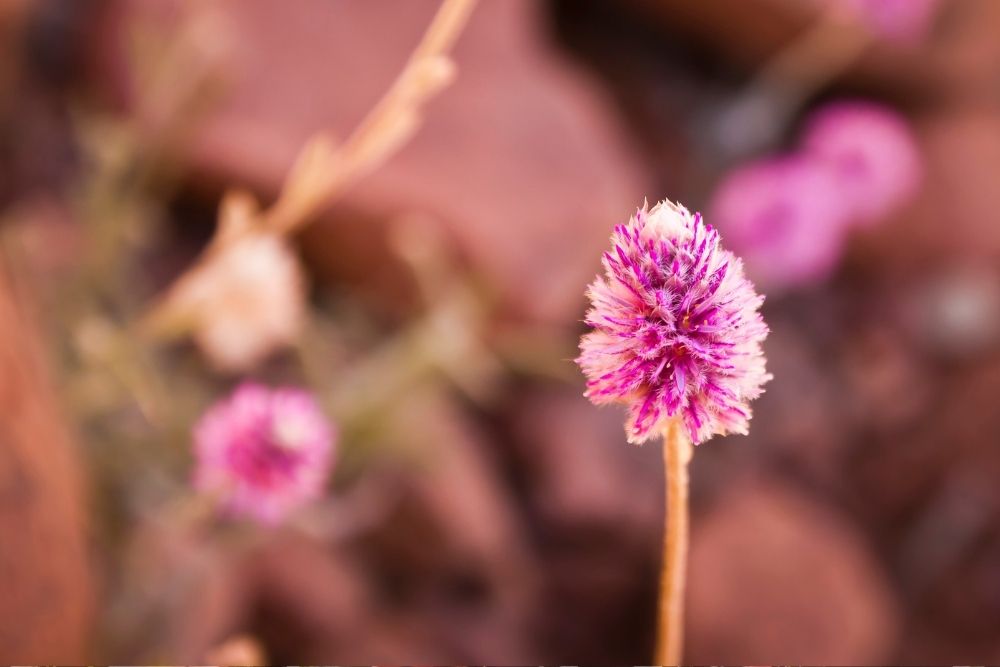
With this in mind, our guide will take a closer look at 20 of the best pink plants you can populate your garden with. What’s more, we’ll also look to answer a few of the frequently asked questions related to pink-colored blooms.
1. Dahlias
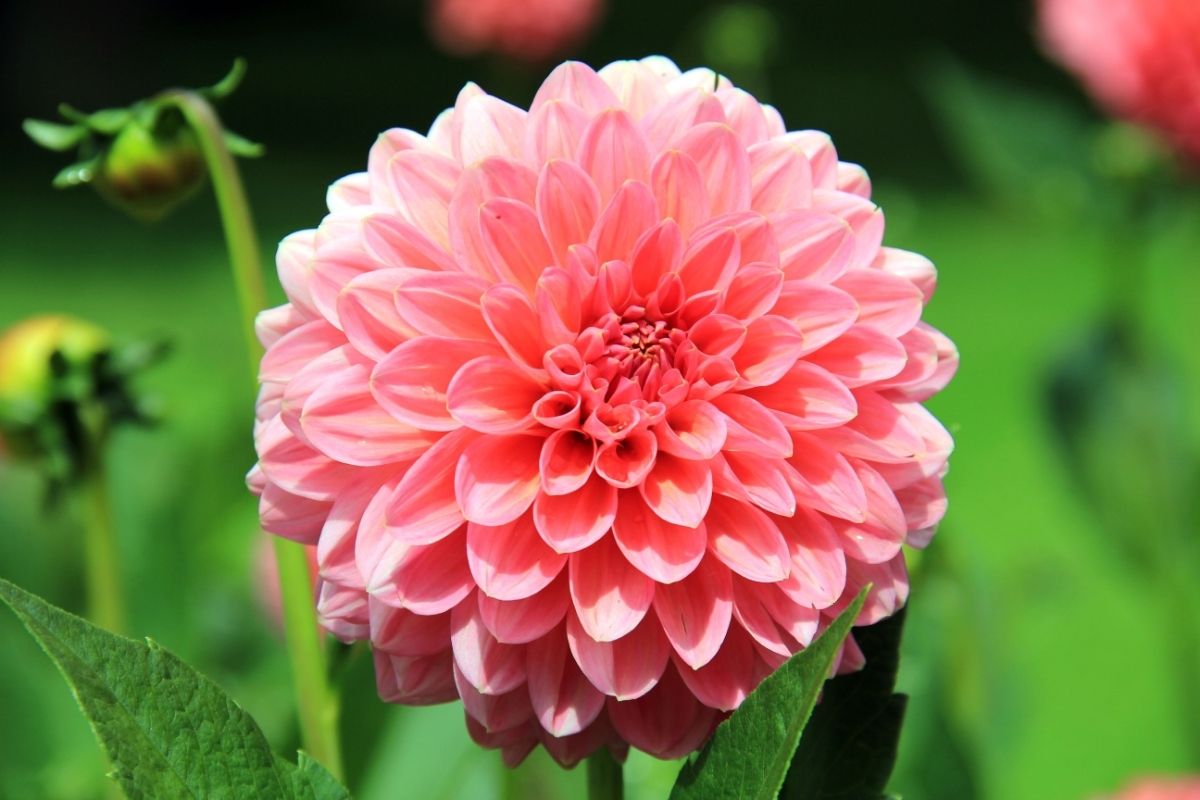
The first plant on our list is the globe-shaped dahlia which produces flowers in a wide range of colors, including pink, red, white, yellow, and orange. First found in Mexico, dahlias are popular all over the world, and typically bloom best from July to October if planted in full sunlight with well-drained soil.
2. Chrysanthemums
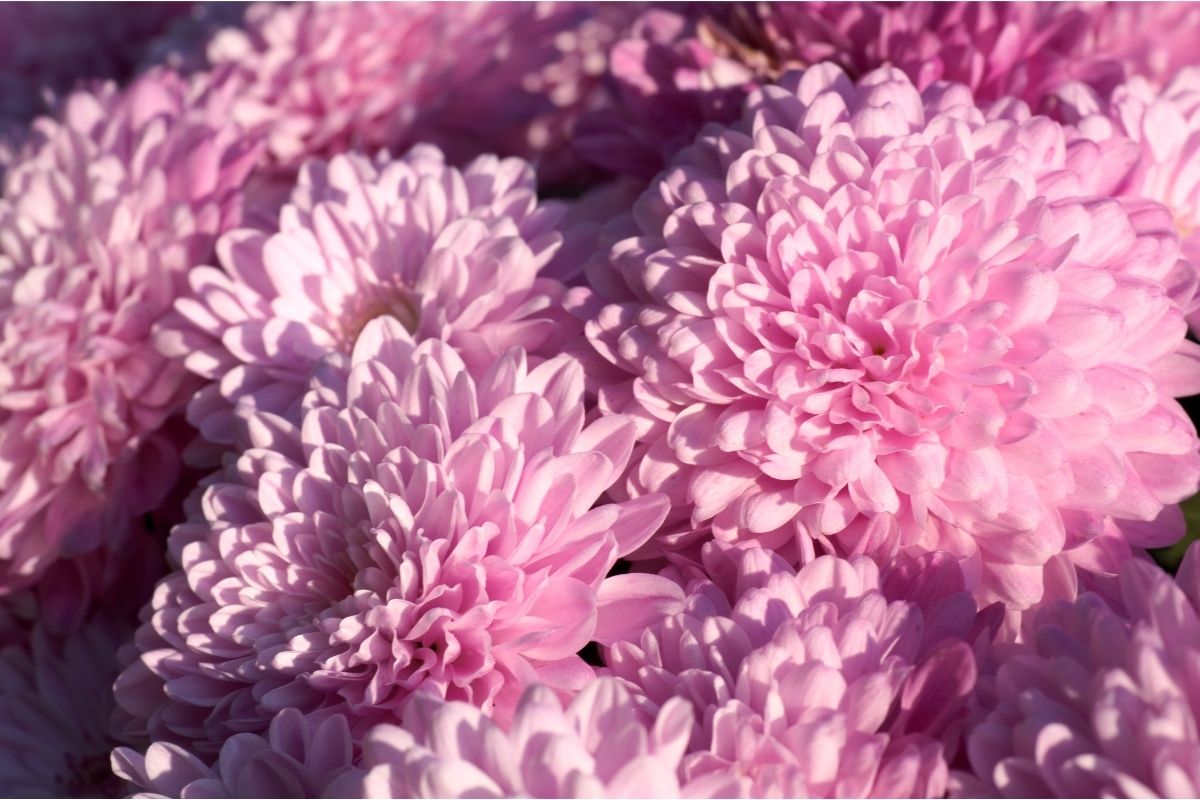
This beautiful perennial plant is the perfect choice for adding some color to your garden in late summer through to fall. Chrysanthemums come in lots of different shapes and colors (including pink), just make sure you plant them in full sunlight or partial shade with well-drained soil.
RELATED: True Colors Shining Through: 10 Different Types Of Chrysanthemums
3. Tulips
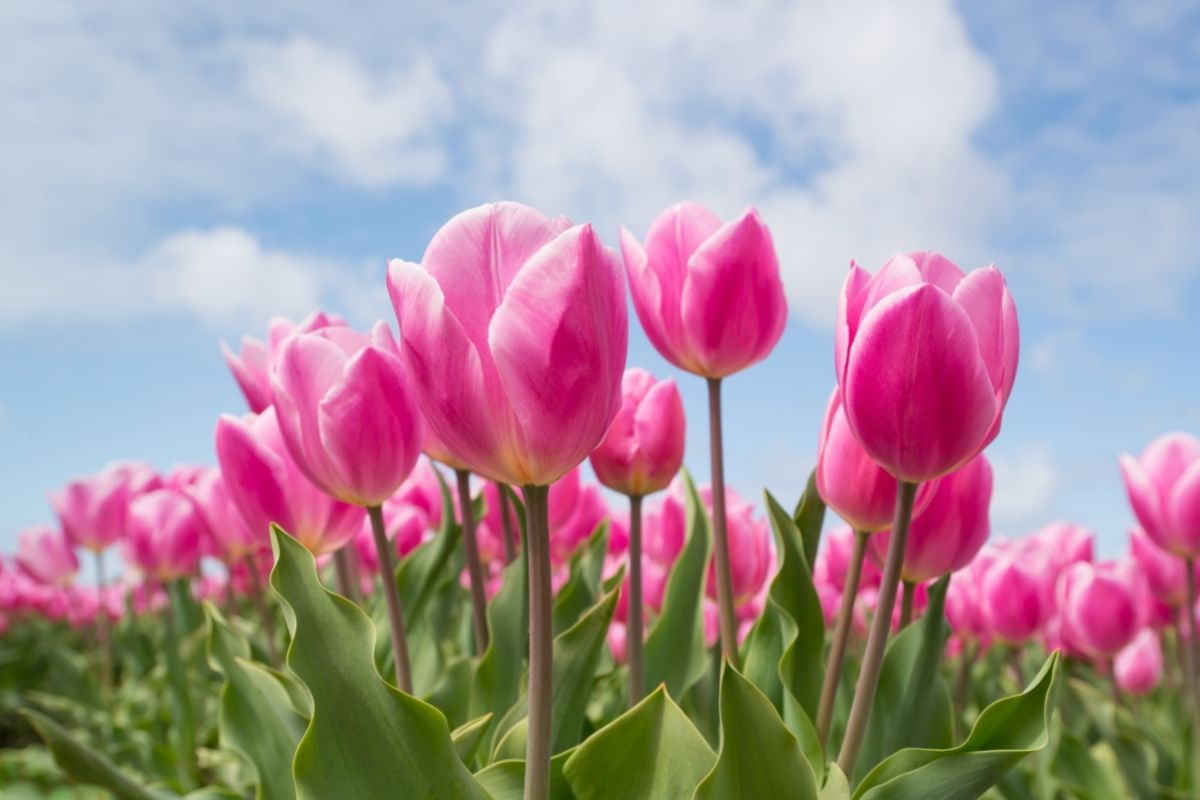
Tulips typically come in a wide variety of colors, shapes, and sizes, but pink tulips are particularly pleasing on the eye. They often grow in tight clusters, and bloom best during the spring months with full sunlight and rich, well-drained soil.
4. Petunias
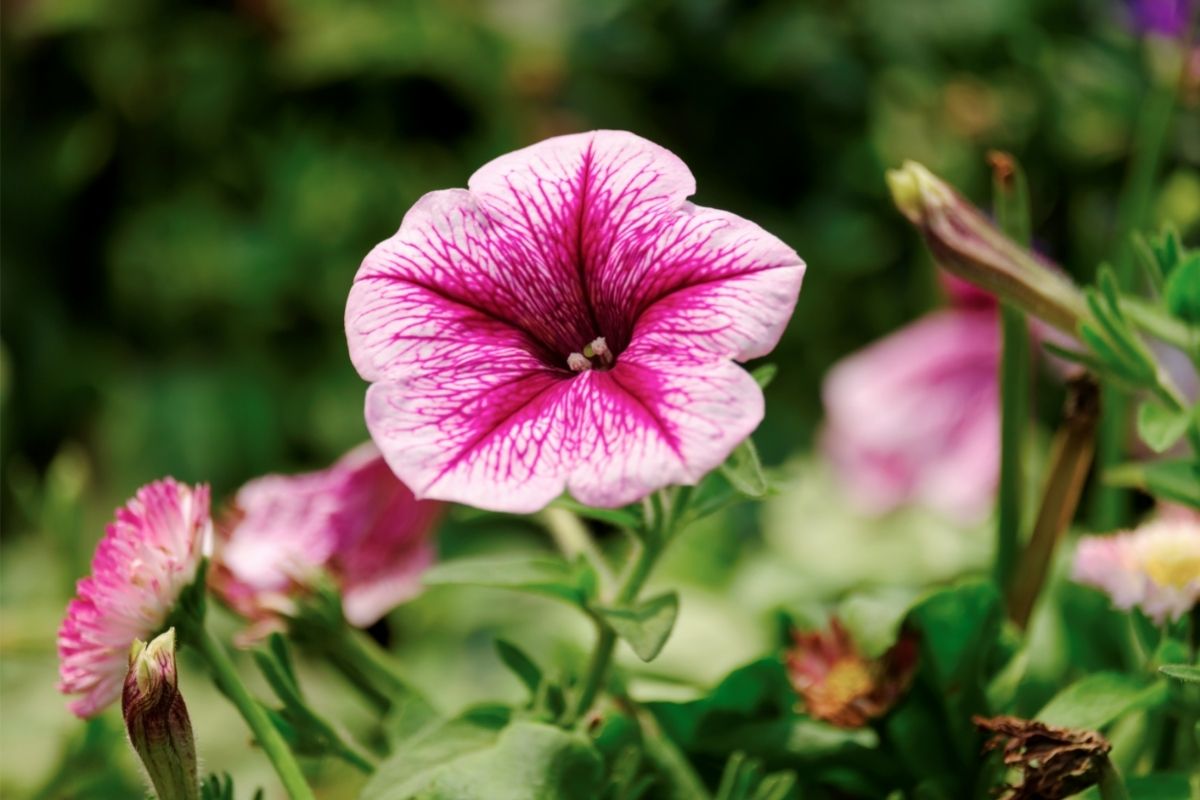
Originally found in South America, petunias are now a popular flower found all over the world. This perennial plant tends to bloom most impressively in spring, and typically lasts until the ground begins to freeze. Just keep in mind that petunias are a heat-tolerant flower, so it’s a good idea to take it easy on the watering.
5. Lupines
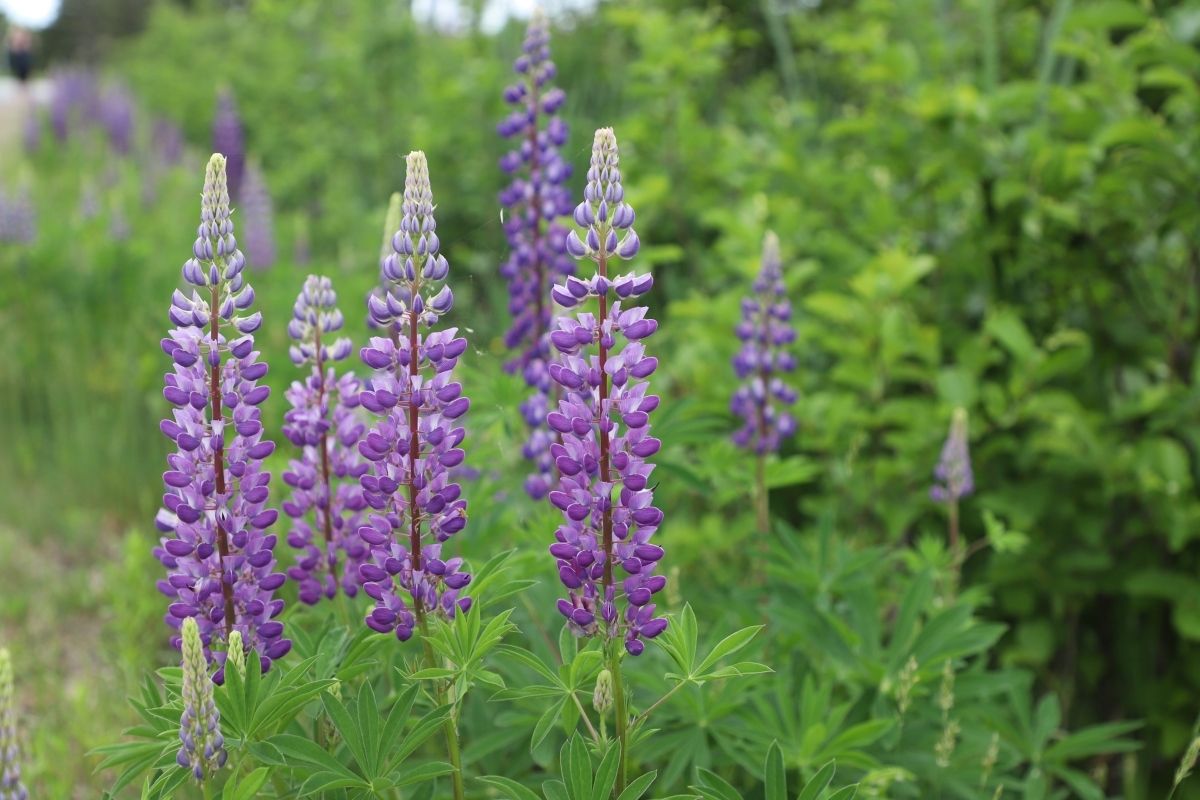
The next pink-colored plant on our list is the lupine. This plant produces pretty floral spikes that can grow up to three feet in height and come in lots of different colors, including red, blue, white, and of course, pink. For optimal levels of growth, lupines require full sun or partial shade with moist, well-drained soil.
6. Anemones
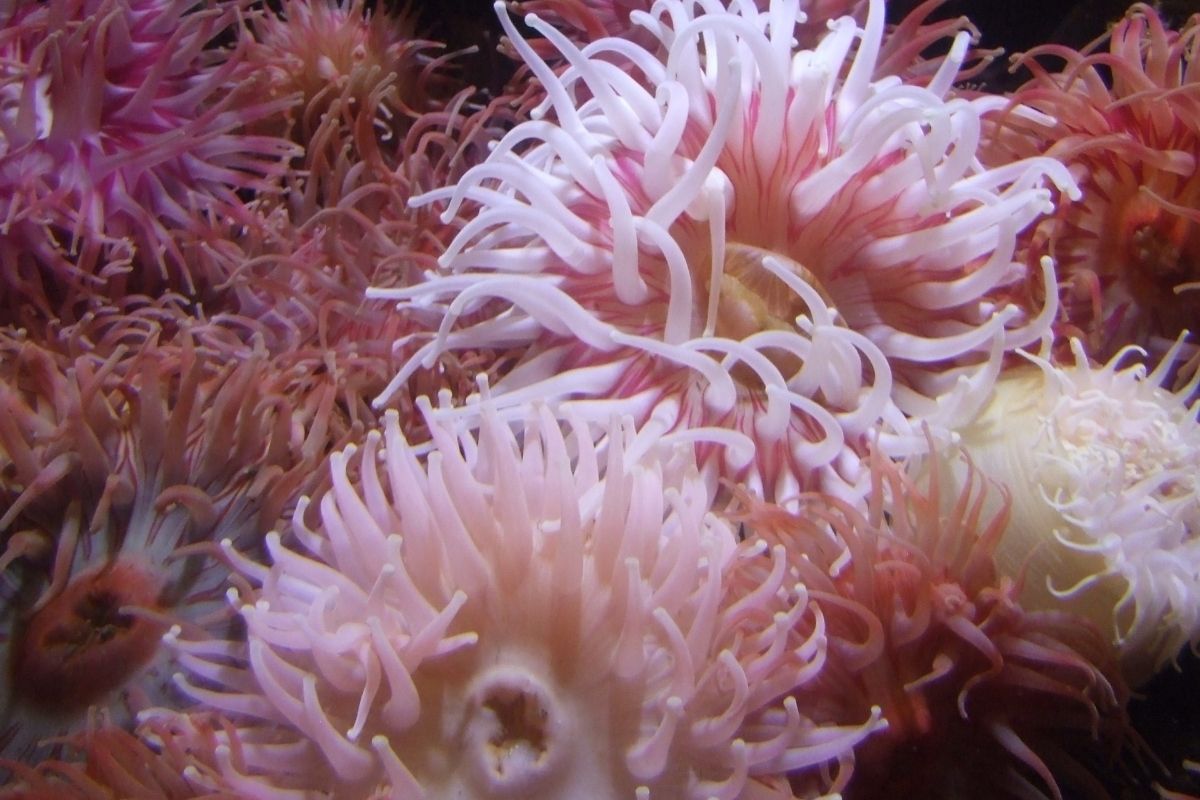
Anemones come in a variety of shades, including pink, purple, red, and white. The ideal time for these stunning flowers to bloom is late summer through to early fall, and they grow best in light shade to full sun in well-draining soil.
7. Impatiens
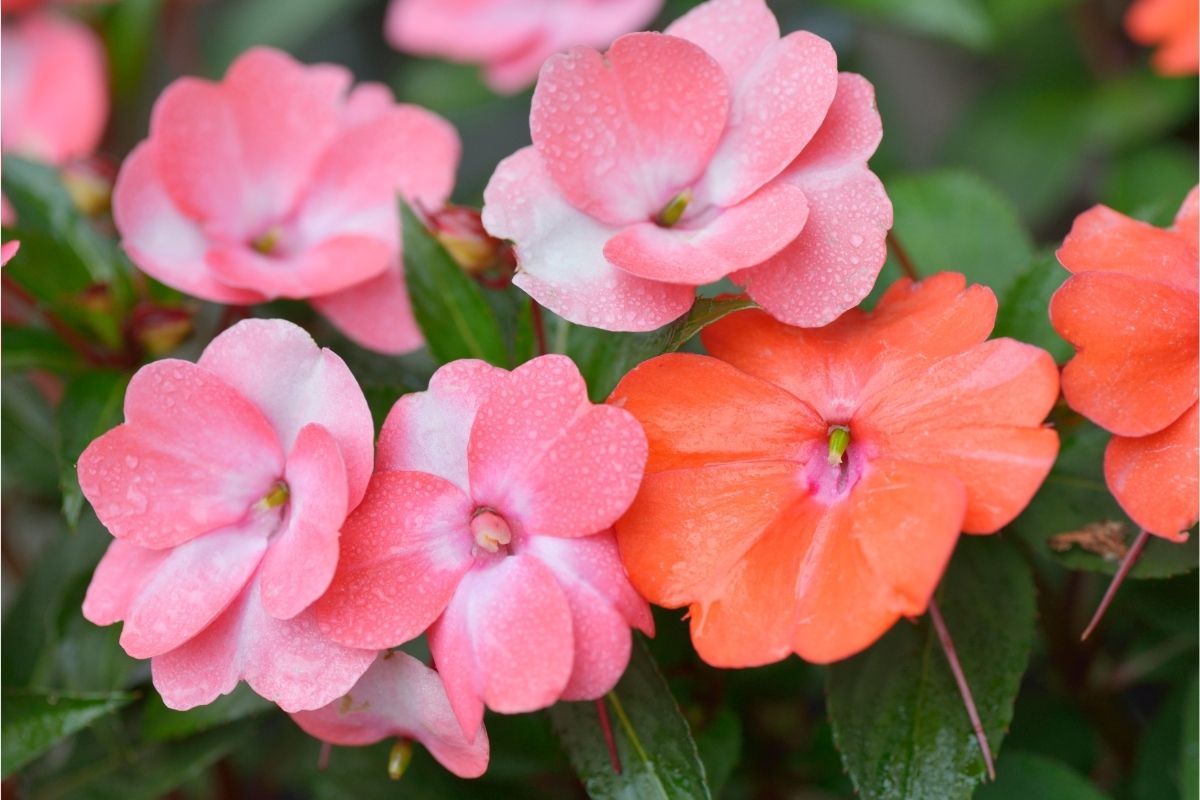
Not only do impatiens add some beautiful color to your garden, they’re also great for attracting butterflies and hummingbirds. These incredible pink flowers are best planted in areas of the partial sun during the spring months when the threat of frost has passed.
8. Camellias
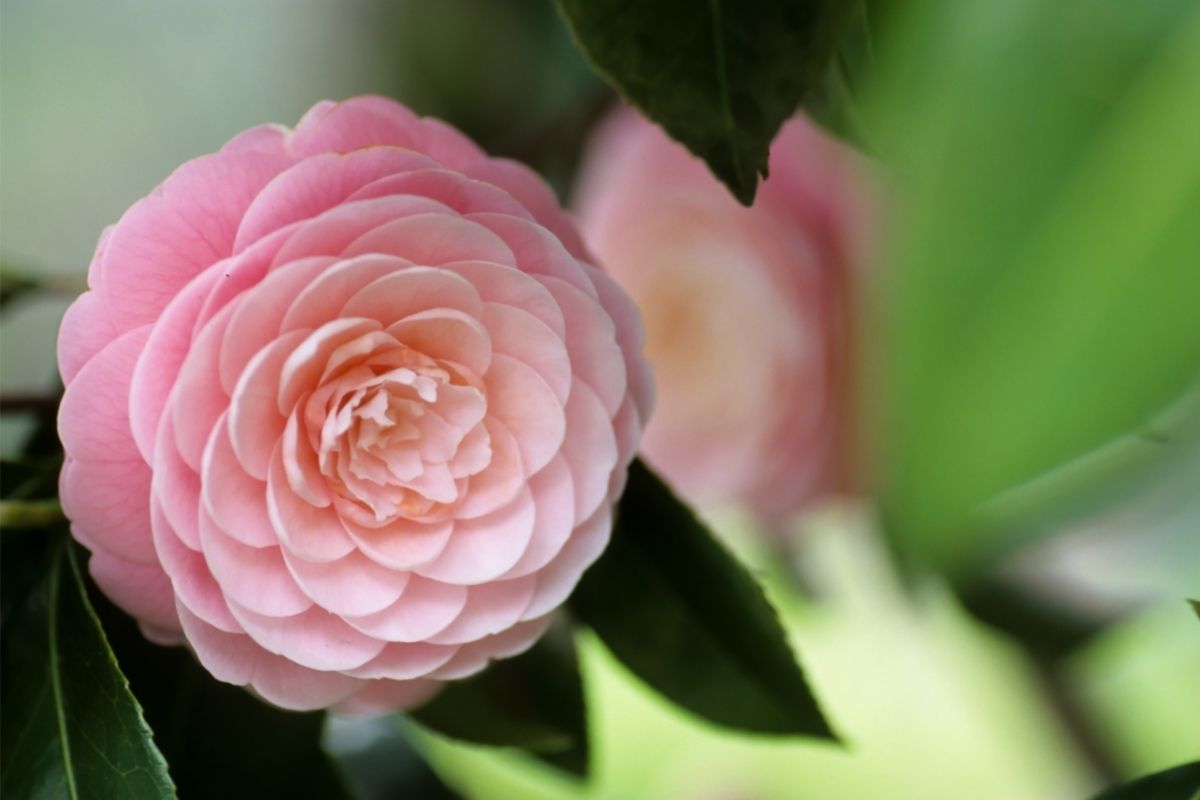
This flowering shrub produces large and fragrant flowers that can be found in several different colors, including pink, red, white, and yellow. Camellias tend to bloom over the winter, and thrive when planted in partial shade with consistently rich, moist soil.
9. Snapdragons
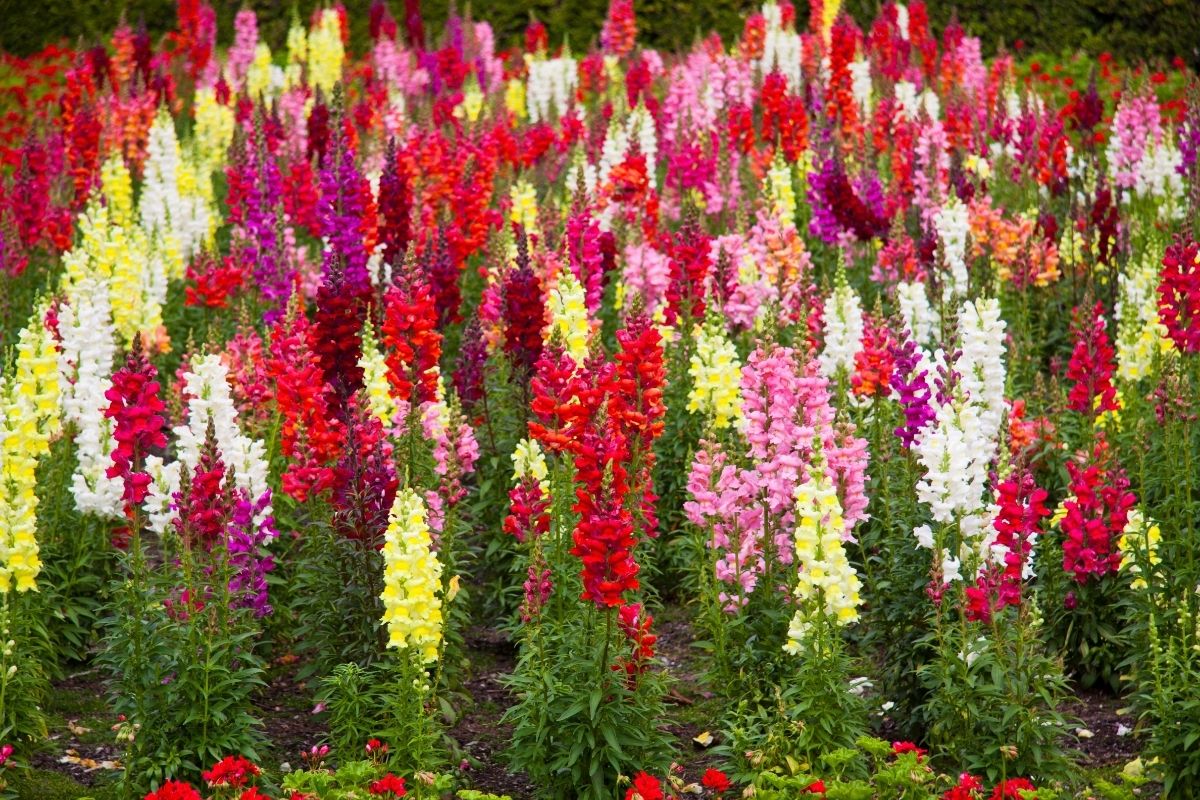
Native to the rocky areas of the US, Canada, Europe, and North Africa, snapdragon is an aptly named plant that closely resembles the face of a dragon with its mouth wide open. Aside from its unique appearance, snapdragon is an excellent plant for planting during the winter months as it deals with frost considerably better than many of the other options on this list.
10. Oriental Lilies
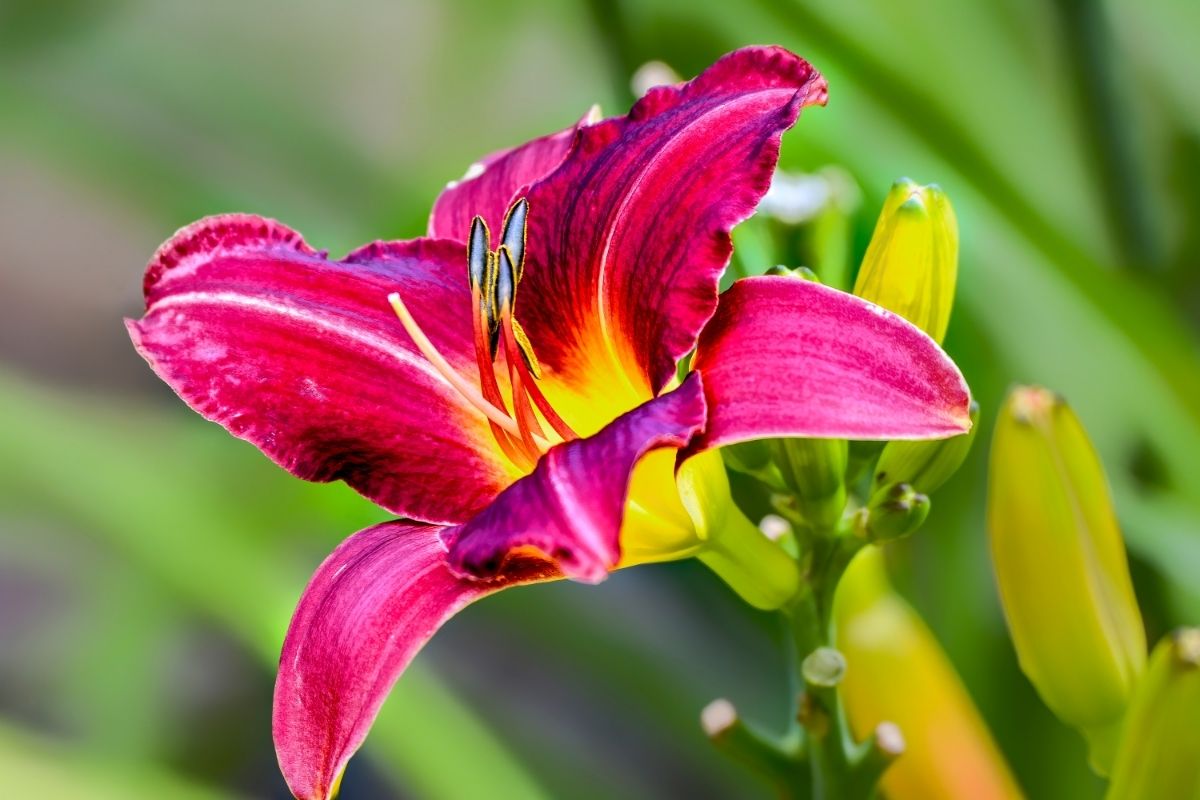
Lilies are incredibly popular flowers because of their unique shape and large, beautiful petals. The oriental lily is the perfect gift for a special occasion, and requires minimal care, so long as it’s planted in the right place – full sun or partial shade with well-drained soil.
11. Hyssops
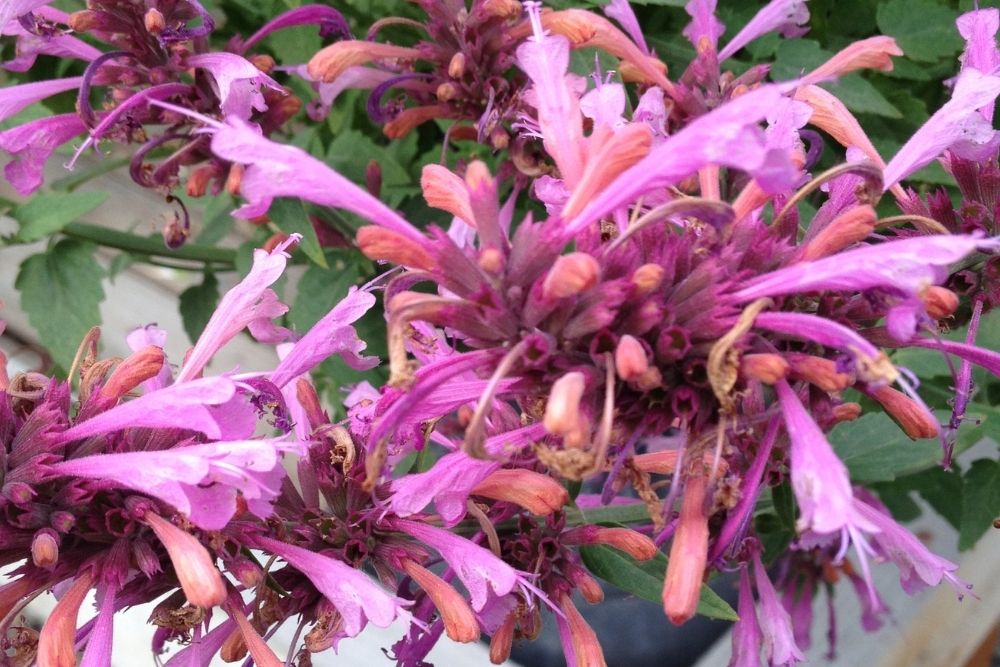
Hyssops are bright pink spiky flowers that usually grow to about four feet in height. This plant is surrounded by rich green foliage that’s pretty distinctive as it smells like anise when it’s rubbed or crushed. Hyssops are best grown in a spot with full sunlight.
12. Carnations
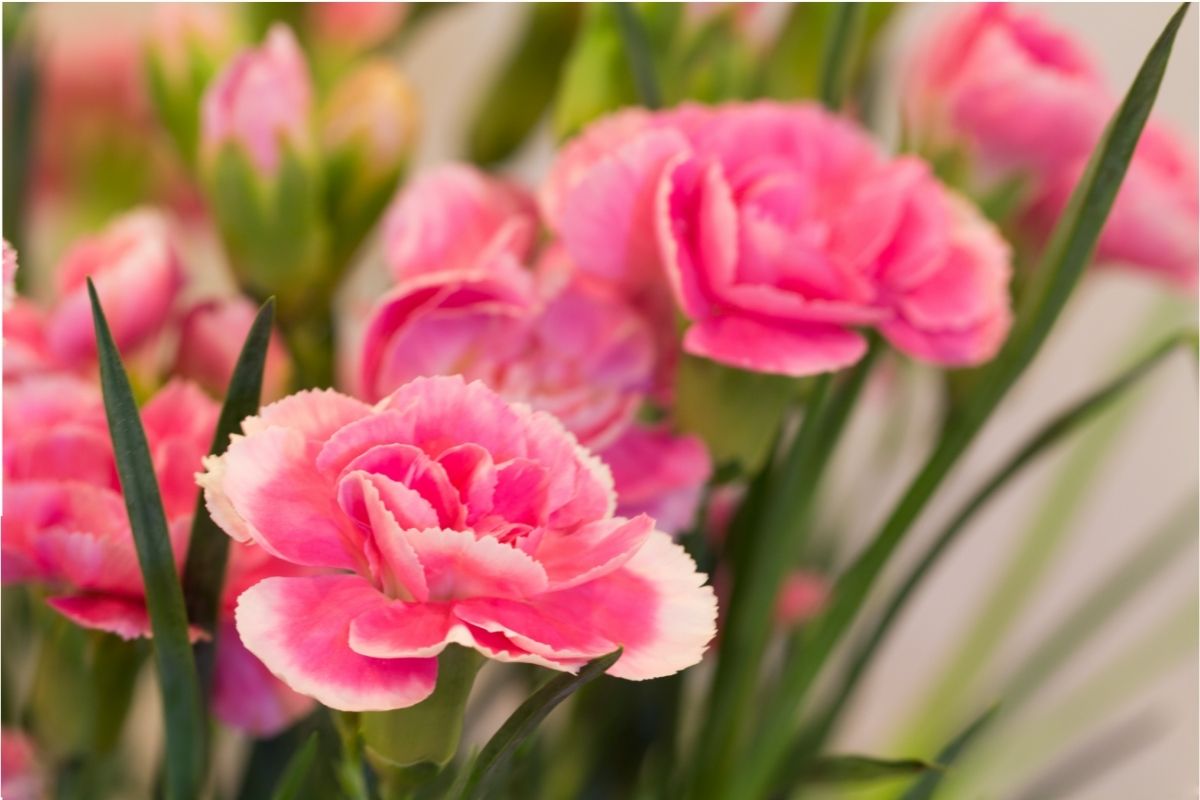
Also known as “dianthus caryophyllus”, carnations are a beautiful herbaceous plant typically native to Mediterranean climates.
They produce a wide range of colors and can grow as high as 35 inches. Carnations are relatively easy to care for, just make sure you plant them somewhere they’ll receive roughly four to five hours of direct sunlight per day and water them once a week.
13. Coral Bells
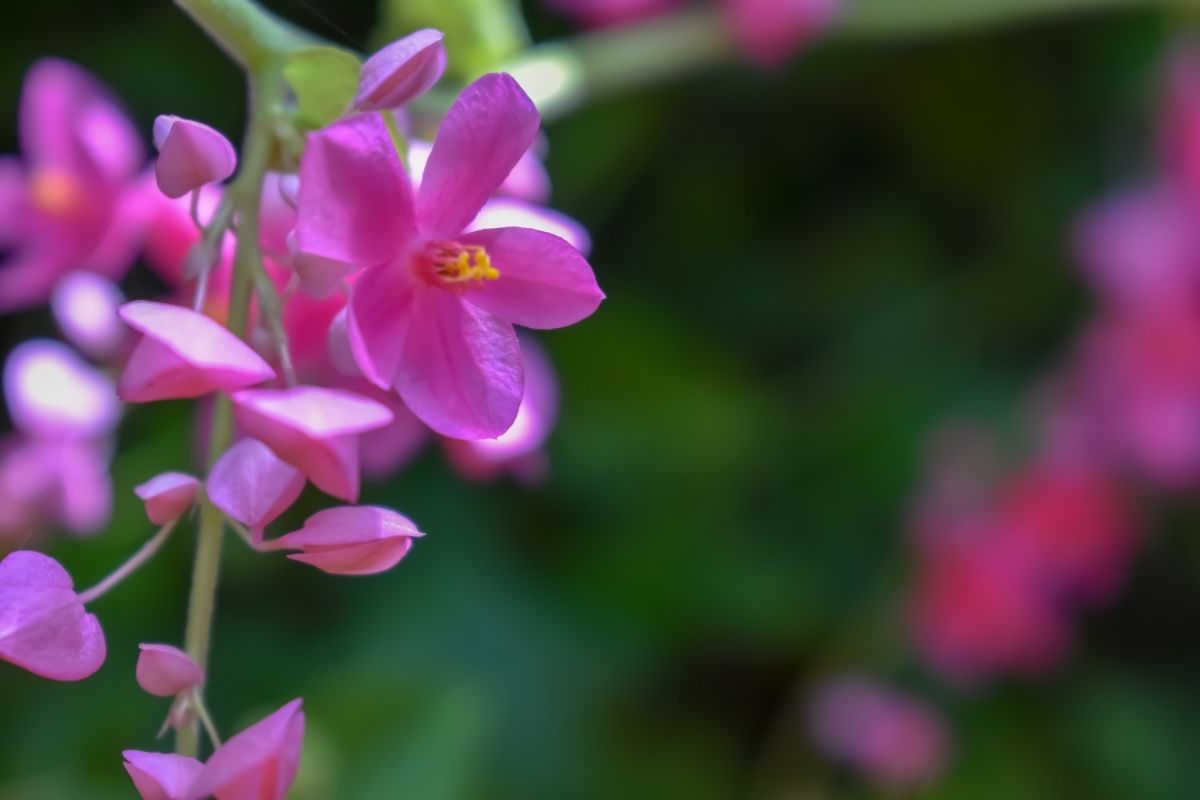
The next pink plant on our list is the coral bell. This stunning pink flower is so named because of its bell-shaped blossoms, and grows best in hardiness zones three to 10.
Coral bells can withstand full sunlight, partial sun, and even mostly shade, meaning they’re a great choice for just about any spot in your garden.
RELATED: Bells And Whistles: 16 Different Types Of Coral Bells
14. Astilbes
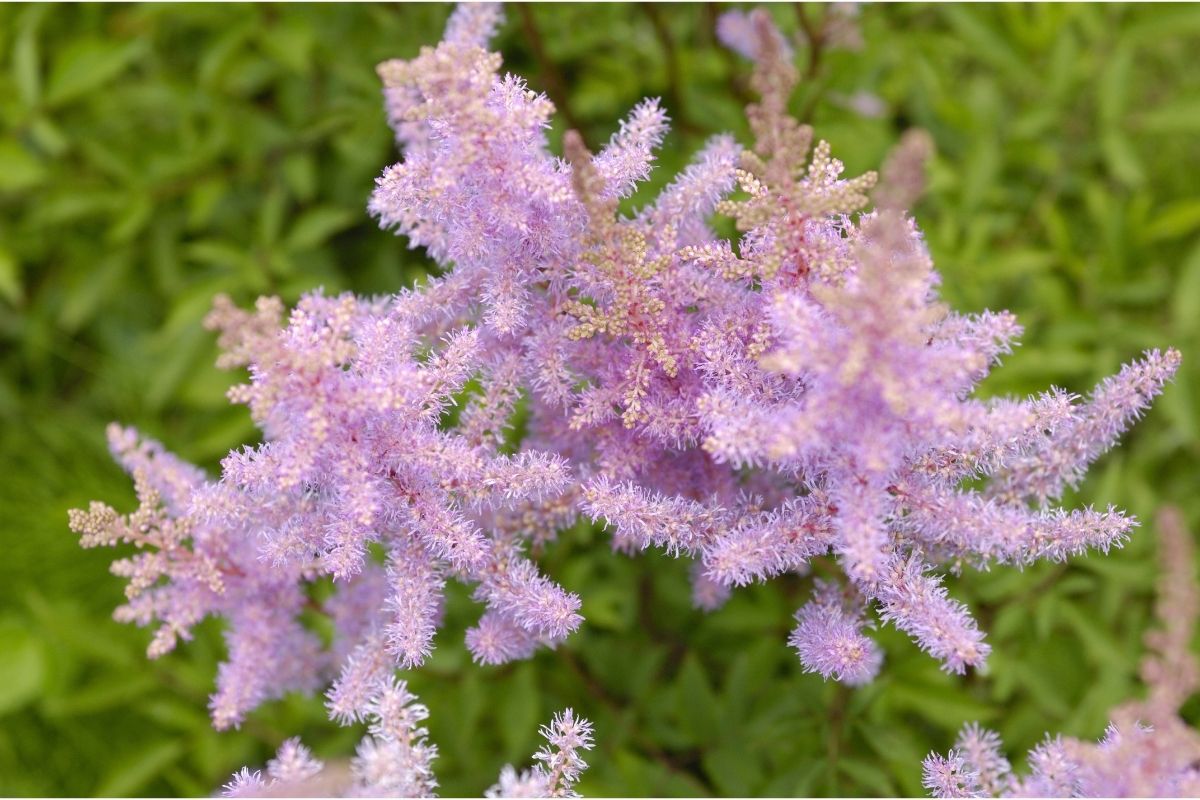
Astilbes often grow up to five feet tall, meaning they’ll add both height and some beautiful color to your garden. If you want astilbes to prosper, make sure you plant them in partial shade with some moist, rich, well-draining soil.
15. Peonies
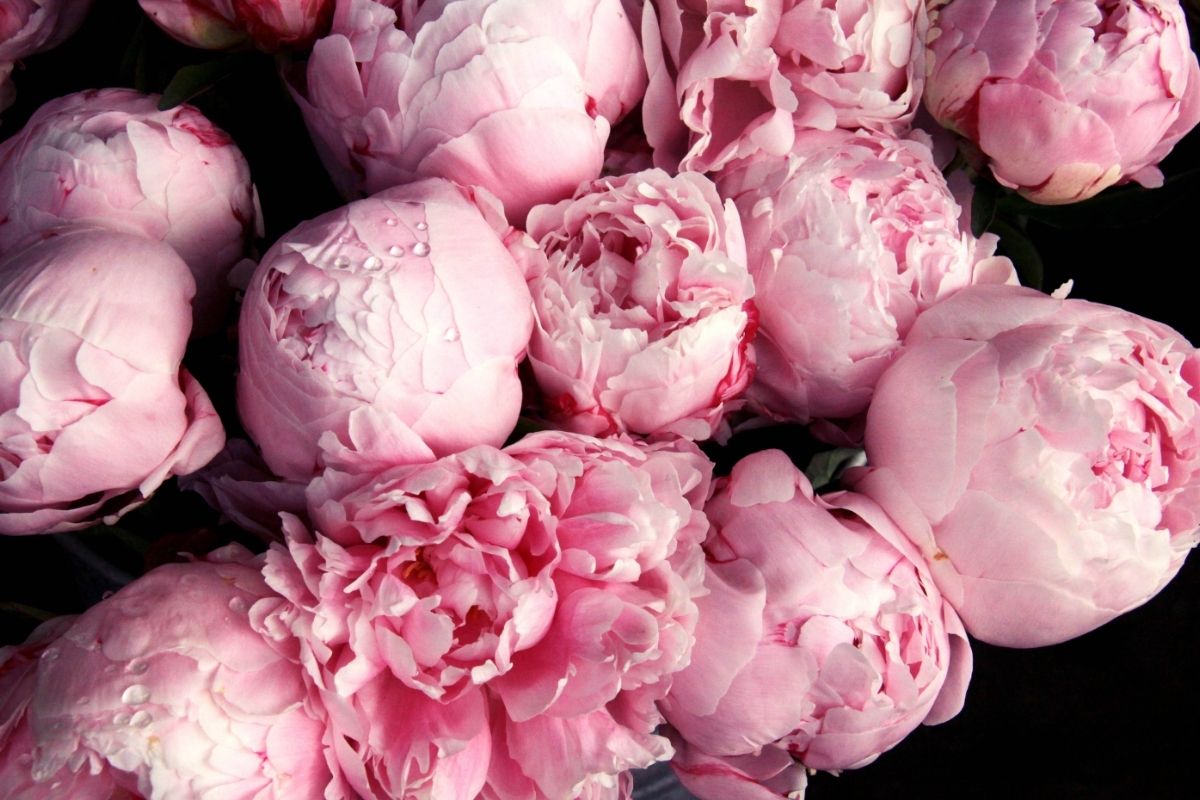
This popular perennial plant produces lush blooms that can grow up to four feet tall. Peonies usually bloom at the end of spring, but can tolerate a wide range of weather conditions. For optimal levels of growth, the plant is best grown in full sun or partial shade with moist, well-drained soil.
16. Zinnias
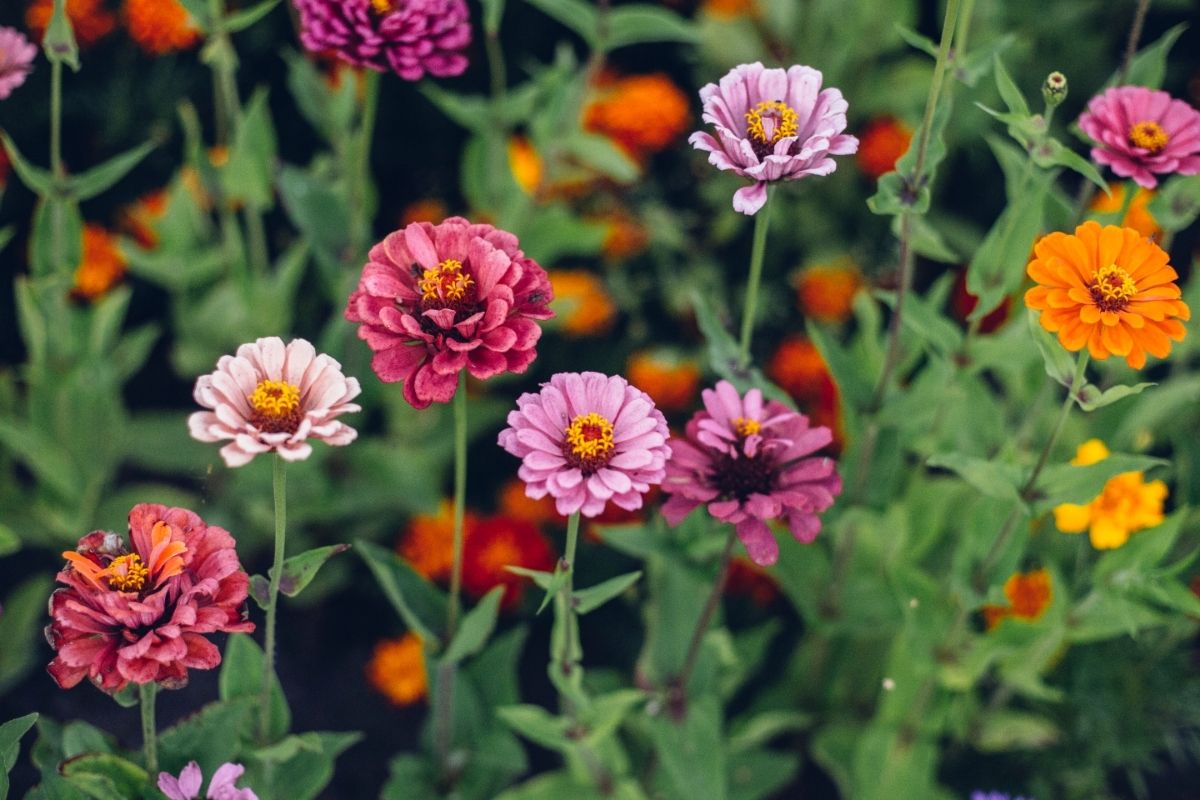
As is the case with most of the plants on this list, zinnias come in a variety of different colors, including pink. They’re incredibly easy to grow due to the fact that they mature quickly and bloom heavily.
17. Campions
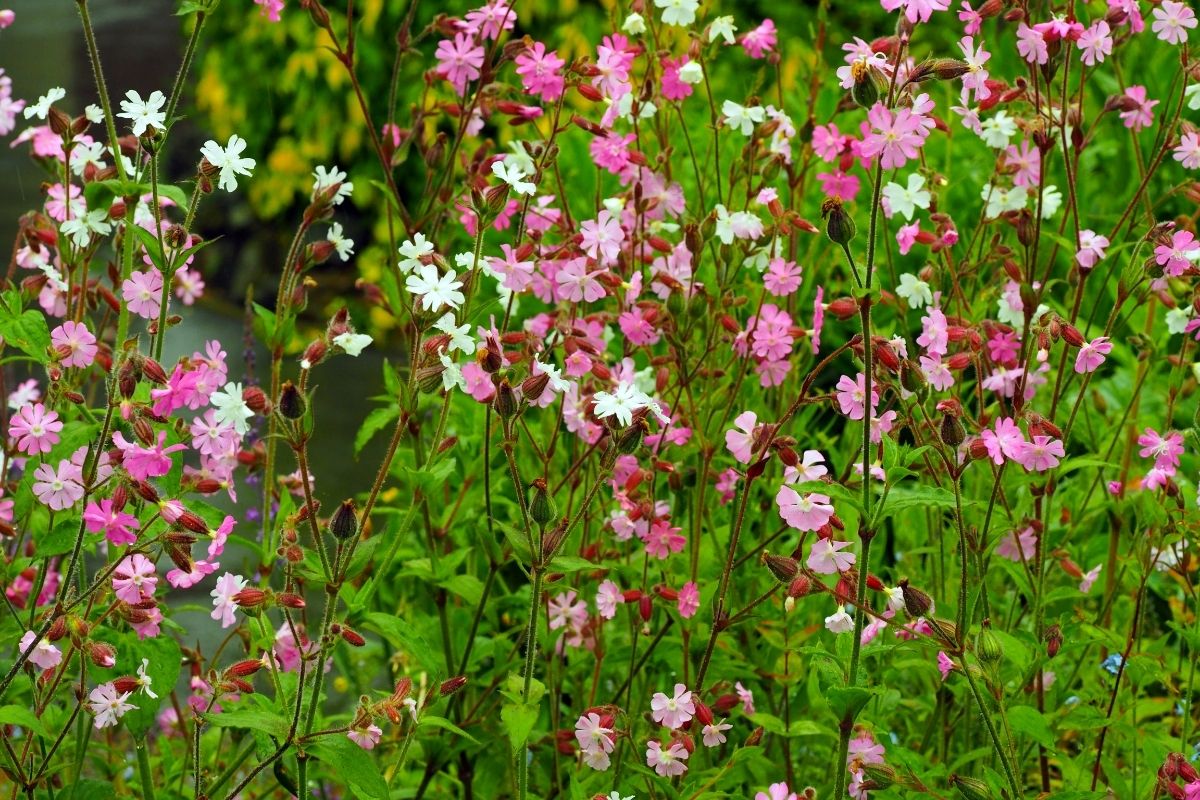
This bright, pink-colored plant looks great in most outdoor environments, especially cottage-style gardens. Campions grow best in zones three to nine, and one of their main strengths is drought-resistance.
18. Cherry Blossoms
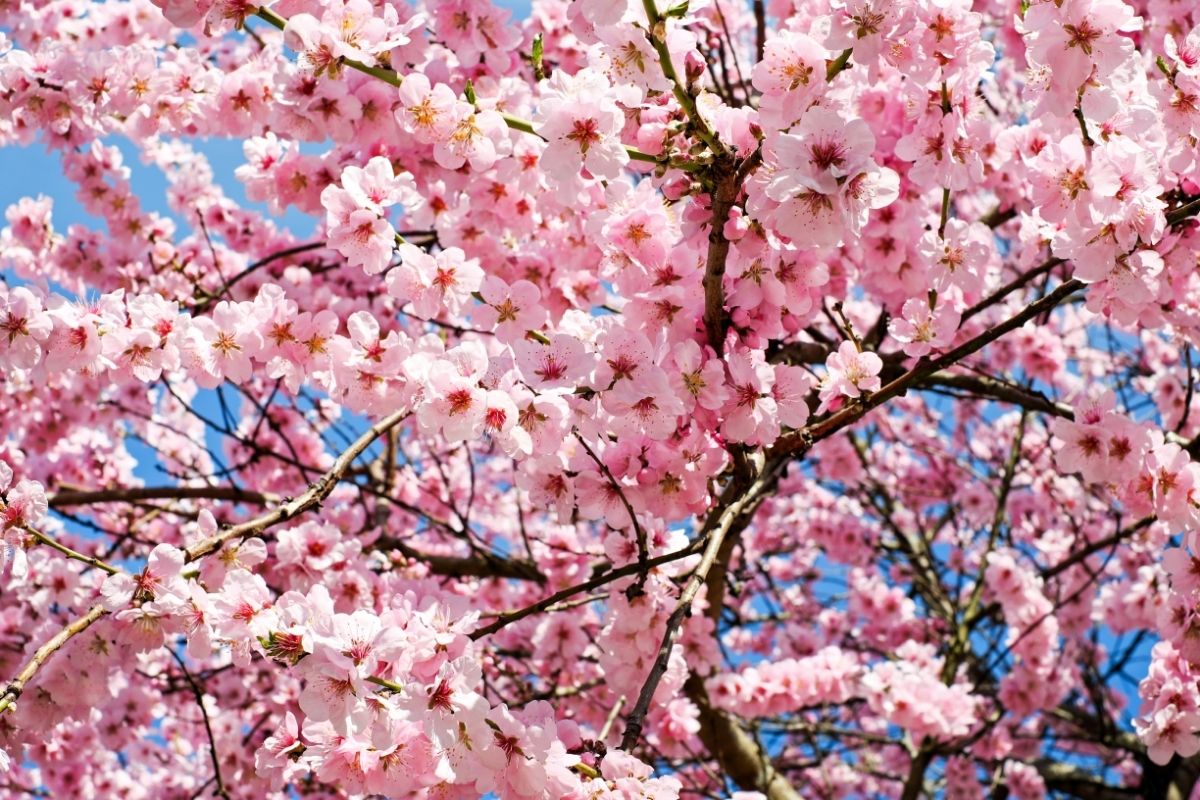
Cherry blossom is a spring-blooming plant that’s also referred to as “sakura”, which features edible flowers. This impressive pink flowering tree was sent to the US from Japan and has since become closely associated with Washington D.C.
19. Hibiscus
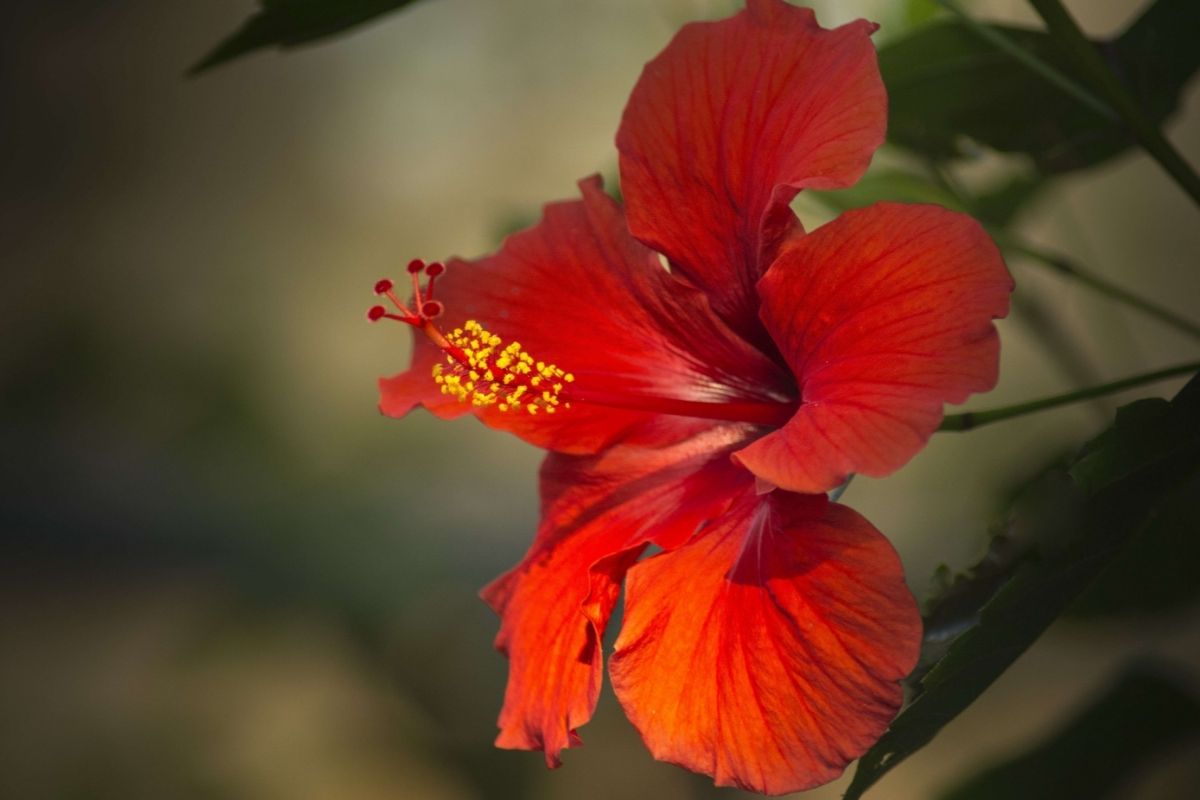
With dinner plate-sized blossoms, hibiscus is a large-scale herbaceous plant that’s a great addition to any outdoor environment. The pink-red plant usually blooms in spring through to fall, and is commonly used to add a tropical feel to gardens. For optimal growth, hibiscus should be planted in rich, well-drained soil and in either full sun or partial shade.
20. Mandevilla
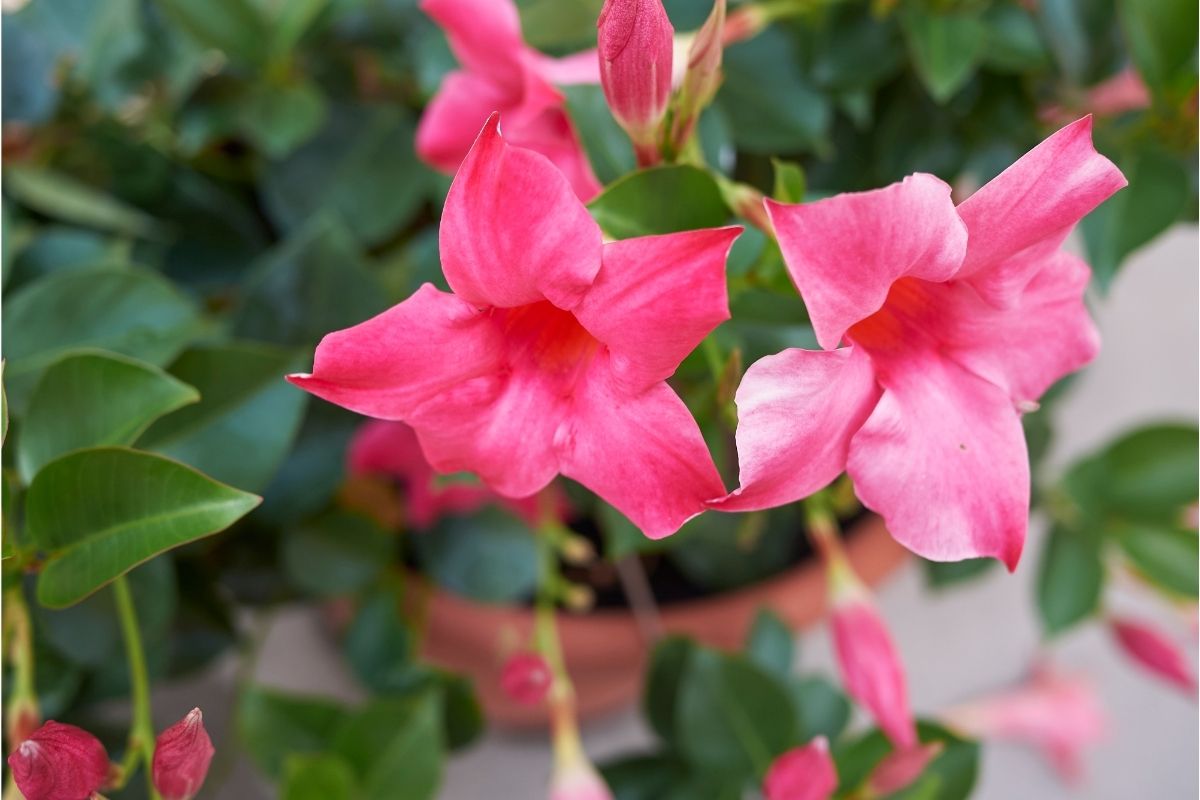
The final pink plant on our list, and by certainly no means the least, is the mandevilla. This flowering vine is a good choice if you’re looking to add some elegance to your garden. Just keep in mind that mandevillas prosper in bright, indirect sunlight – therefore do your best to avoid any kind of exposure to direct sunlight.
Frequently Asked Questions
Why Are Pink Plants So Popular?
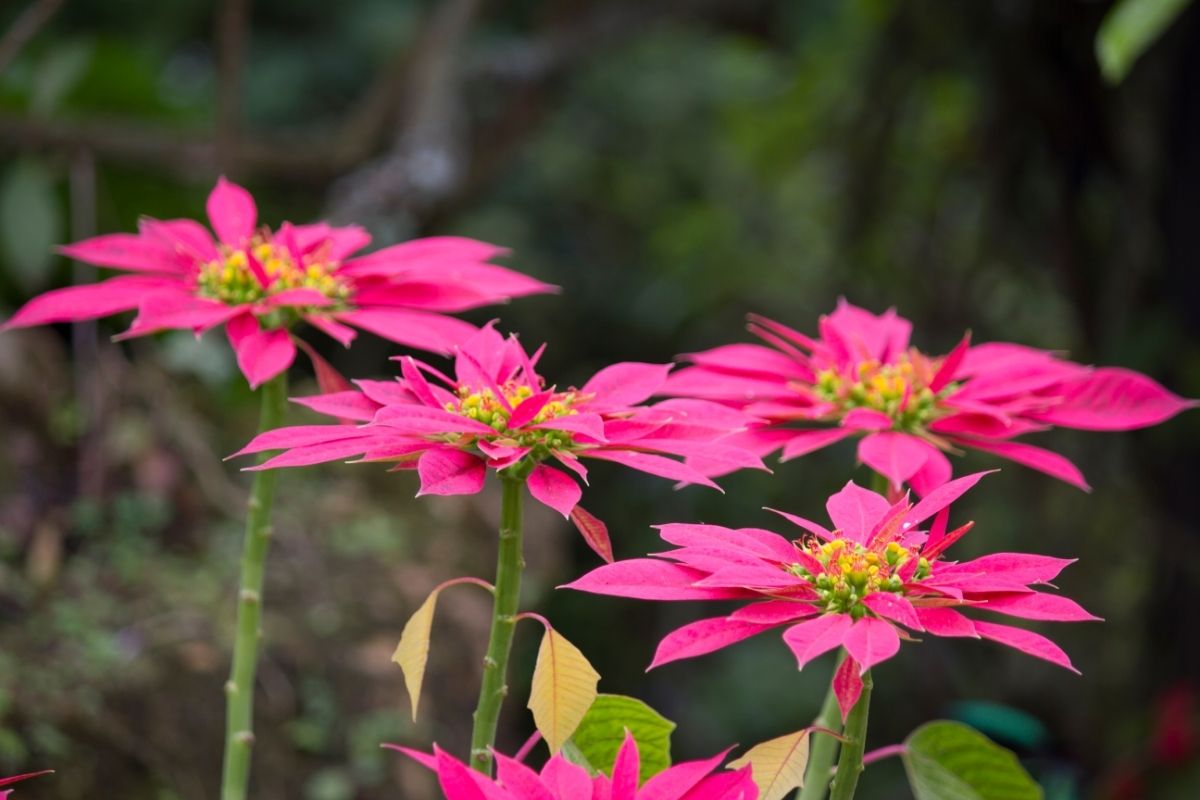
The versatility of pink flowers is one of the main reasons why they’re so popular. In other words, not only do they look great on their own, they also work incredibly well when mixed with other colors.
Why Are Butterflies Attracted To Brightly Colored Flowers?
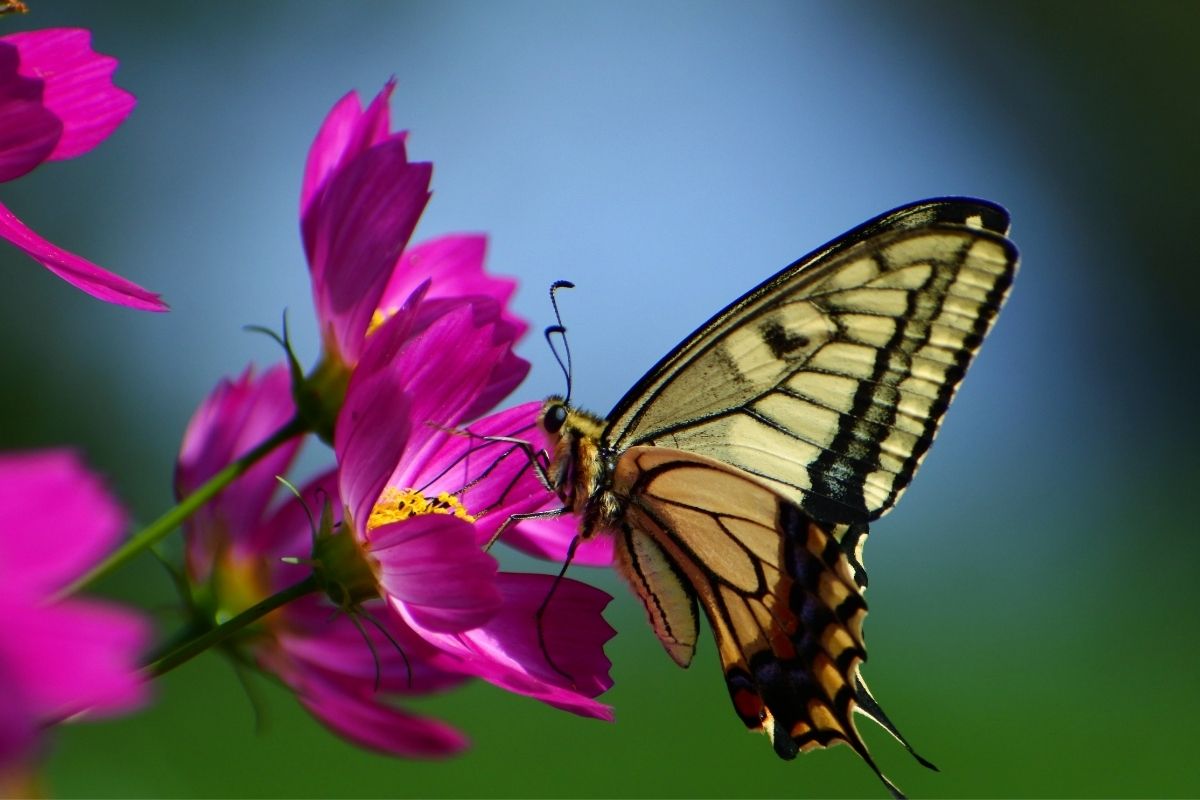
Butterflies are often drawn to brightly colored flowers that are also fragrant because of the sweet nectar they provide. If you want to further encourage butterflies to your garden, it’s a good idea to group vibrant flowers of the same color together instead of mixing different colors.
Do azalea shrubs produce pink flowers?
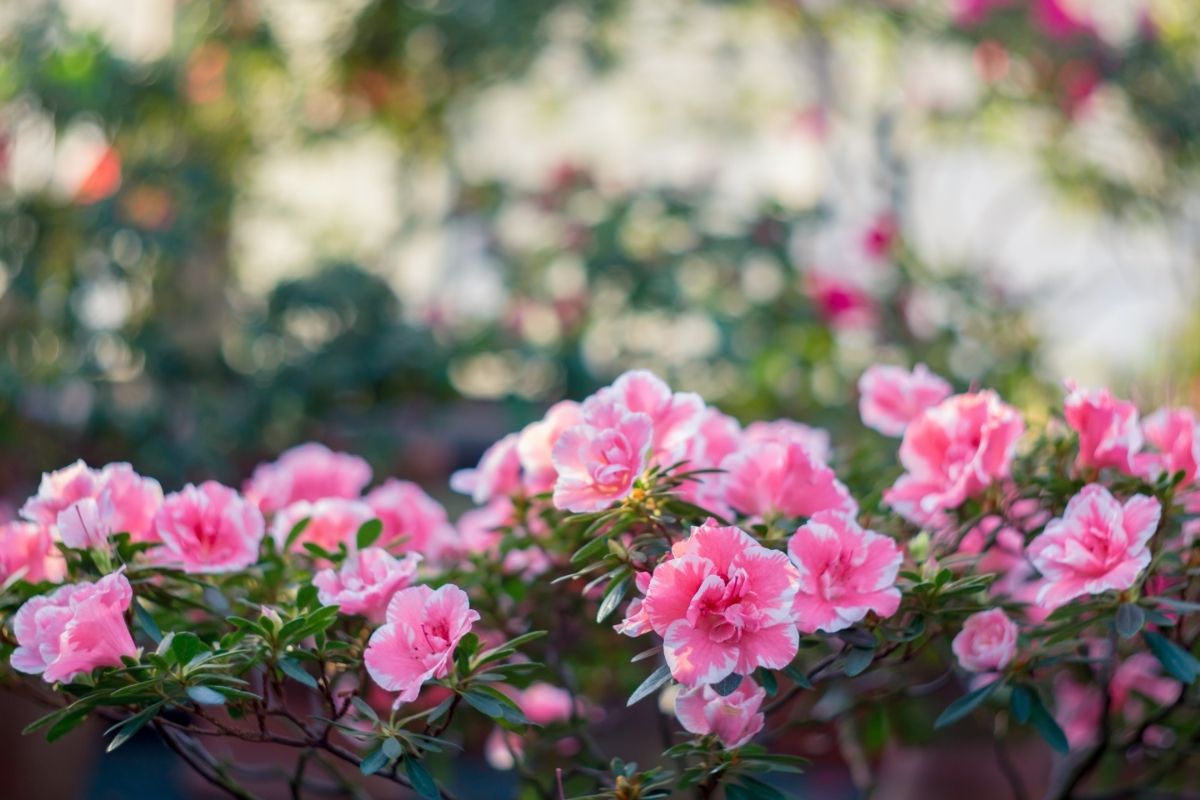
Yes, lots of different types of azalea shrubs feature pretty pink flowers. This is particularly true during spring, which is the most productive blooming period for the popular plant.
What Does A Pink Tulip Symbolize?
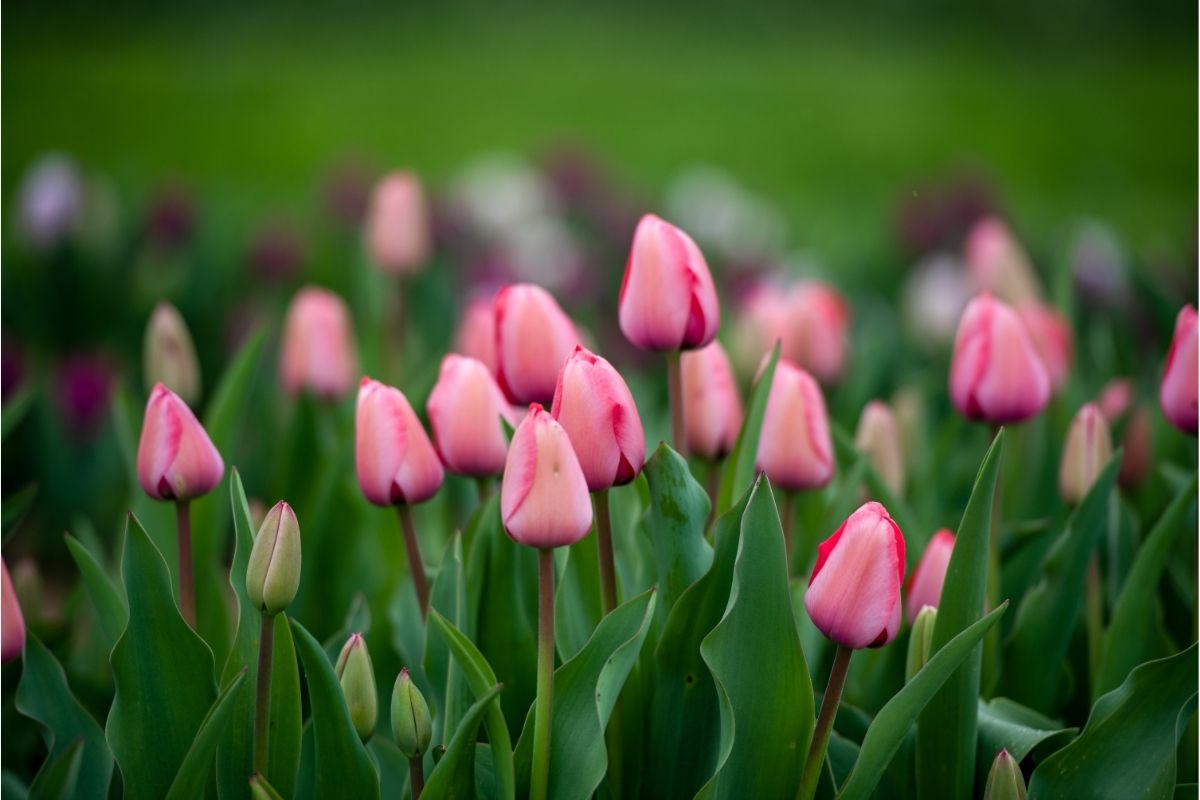
Pink tulips are often recognized as a symbol for affection, good wishes, and love, making them the perfect gift for friends and family members. However, it’s worth noting that pink tulips aren’t as strong or passionate a symbol of love as red tulips.
Are Dahlias Good Cut Flowers?
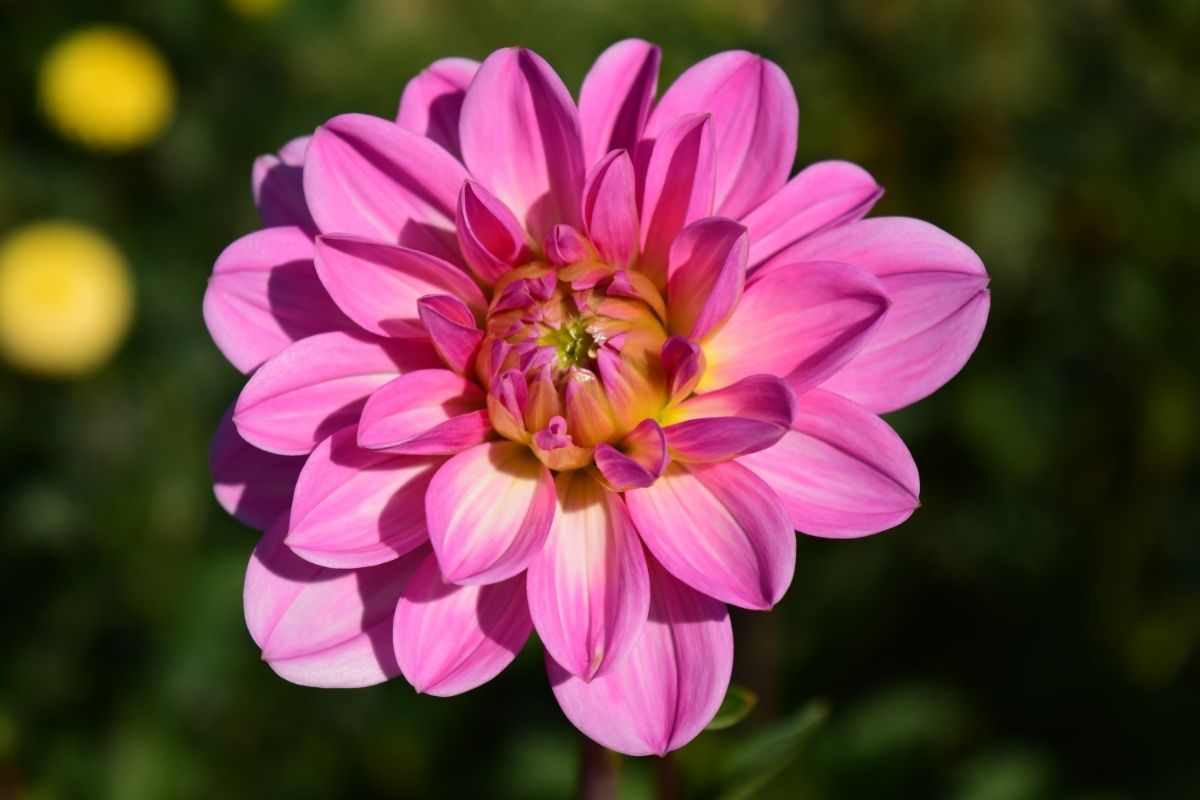
Yes, dahlias are one of the best-suited garden flowers for use as cut flowers. In addition to their impressive vase life, they also provide a season-long supply of beautiful, globe-shaped blooms from mid summer all the way through to mid fall.
The Bottom Line
To conclude, there are a wide variety of pink plants that can add the perfect touch of beauty and color to your garden. From dahlias and tulips to coral bells and cherry blossoms, the options are endless, so be sure to do your research and you certainly won’t be disappointed!




